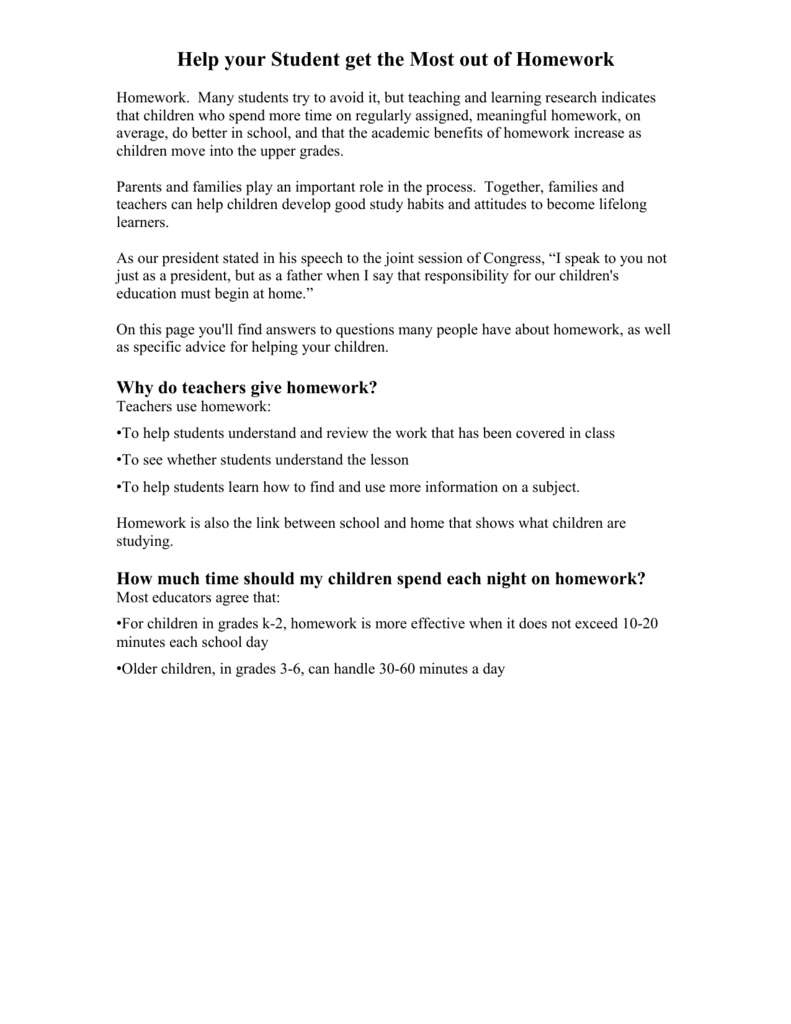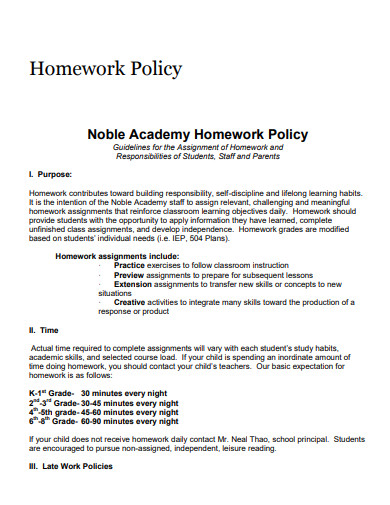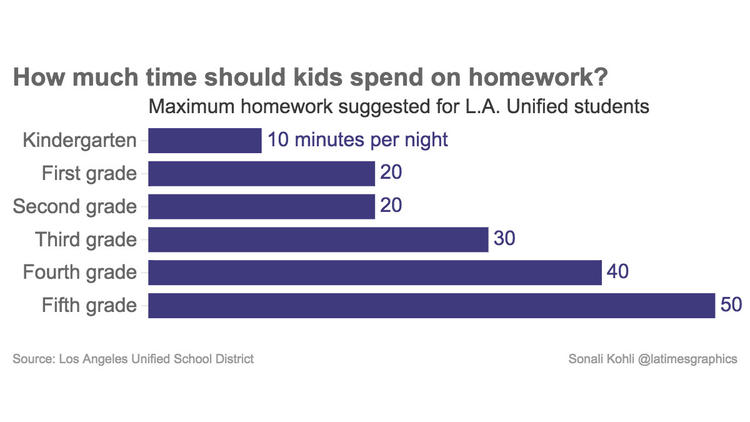Daily homework is a common practice in schools around the world, but it is not always necessary for students. While homework can be a useful tool for reinforcing classroom learning and helping students develop good study habits, it is not always the most effective way for students to learn. In fact, research has shown that there can be negative consequences to assigning too much homework, including increased stress, reduced motivation, and lower achievement.
One reason why daily homework may not be necessary is that it can be overly burdensome for students, especially those who have other responsibilities outside of school. Many students are involved in extracurricular activities, work part-time jobs, or have other commitments that can make it difficult to find time to complete homework on a daily basis. In addition, students who struggle with certain subjects may find it frustrating and demoralizing to spend long hours each night trying to complete assignments that are difficult for them.
Another reason why daily homework may not be necessary is that it can detract from other important activities. Homework can take up a significant amount of time each night, leaving little time for students to engage in other activities that are important for their development, such as spending time with family and friends, participating in hobbies and sports, or simply relaxing and unwinding after a long day.
Finally, research has shown that there is often little correlation between the amount of homework students are assigned and their academic achievement. In other words, students who are assigned a lot of homework may not necessarily perform better on tests and other measures of academic success compared to students who are assigned less homework. This suggests that homework may not be the most effective way for students to learn, and that other methods, such as in-class discussions, hands-on projects, and experiential learning, may be more effective in helping students retain and understand new information.
In conclusion, while homework can be a useful tool for reinforcing classroom learning, it is not always necessary for students. In some cases, the negative consequences of daily homework, such as increased stress and reduced motivation, may outweigh any potential benefits. Instead of relying solely on homework, educators should consider a variety of methods for helping students learn and retain new information.








